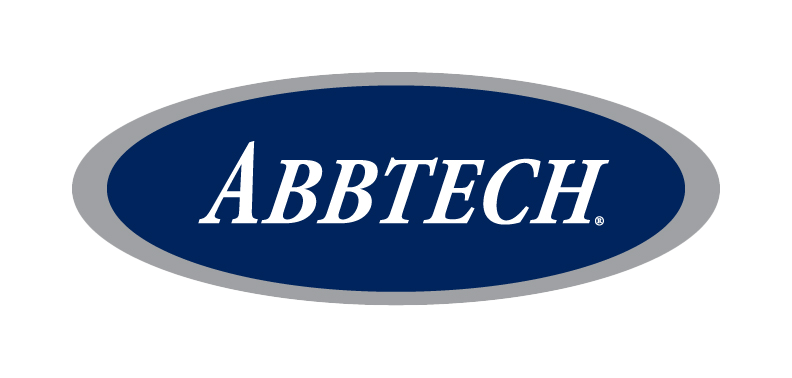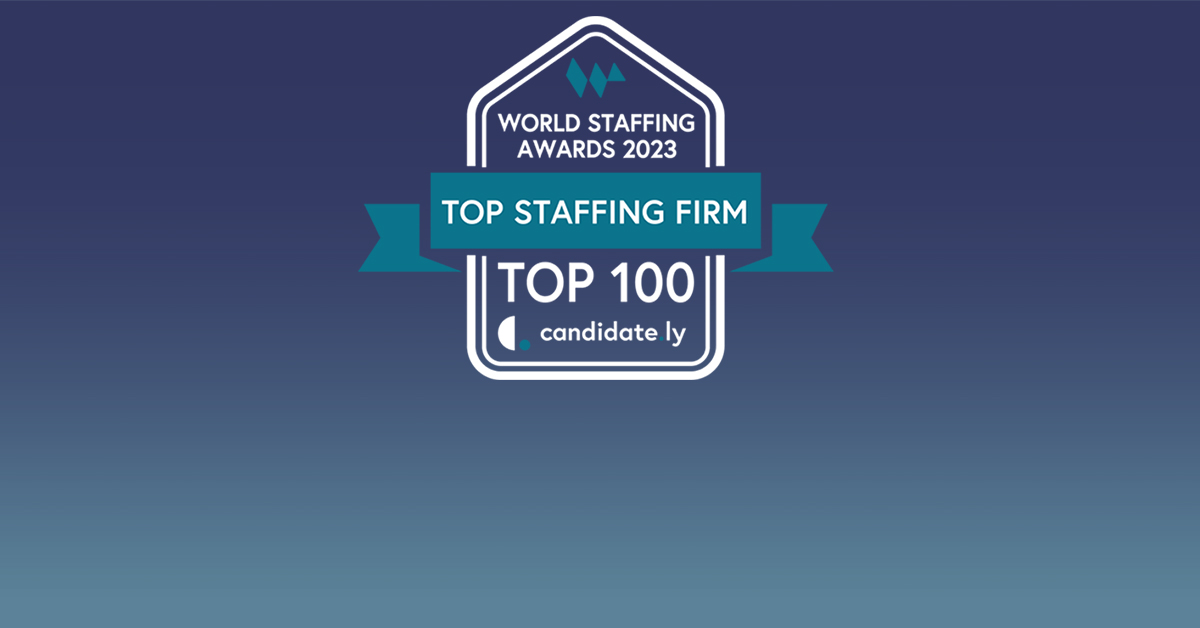Picture this: A star employee who left your company a year ago reaches out about coming back. They’ve gained new skills, grown professionally, and miss your company culture. Should you welcome them back with open arms, or is rehiring former employees a recipe for disaster? These “boomerang employees” are becoming more common in today’s job… Continue reading Does it Make Sense to Re-Hire a Former Employee?
Tag: Talent Search
2025 Business Resolutions: Strengthening Your Workforce with the Right Talent
Recent data shows hiring may remain selective, making it crucial to be strategic about workforce planning. Whether you’re scaling up or restructuring, now’s the time to set clear hiring goals that align with your business objectives. Assessing Your Current Talent Landscape Before diving into hiring plans, take stock of your existing workforce. Start by asking:… Continue reading 2025 Business Resolutions: Strengthening Your Workforce with the Right Talent
Three Effective Tips to Get the Most From Your Year-End Reviews
As 2024 draws to a close, many organizations are gearing up for year-end performance reviews. While these evaluations are a standard practice, they often feel like a perfunctory exercise for both managers and employees. However, with the right approach, year-end reviews can become a powerful tool for growth, goal setting, and boosting engagement as you… Continue reading Three Effective Tips to Get the Most From Your Year-End Reviews
Facing Uncertain Times: What Your Team Wants to Hear From Their Leaders
Navigating periods of uncertainty and change is an inevitable part of professional life. In these challenging moments, the role of a leader becomes even more critical. Transparent communication is the key to boosting morale, building trust, and keeping everyone aligned with organizational goals. Your team is looking to you for guidance and reassurance. Key Messages… Continue reading Facing Uncertain Times: What Your Team Wants to Hear From Their Leaders
Five Qualities of an All-Star Recruiting Firm
What qualities set an all-star recruiting firm apart? We believe it comes down to five essential qualities:
Monitoring Your Team’s Mental Health: Telltale Signs of Burnout to Watch For
Identifying the signs is the first step, but it’s equally important to take proactive measures to address burnout before it becomes a pervasive issue within your team:
Ensuring Candidate Success: Strategies for Conducting Reference Checks
A well-conducted reference check can be the difference between hiring a candidate who excels in their role and one who struggles to meet expectations. At ABBTECH, we understand the importance of thorough screening in building high-performing teams.
Employee Appreciation: How to Make Your Team Feel Non-Disposable
Appreciation isn’t just about preventing turnover. Employees who feel seen and appreciated are more motivated, productive, and committed to helping the organization thrive.
Is Your Perfect Candidate Out There?
Before you begin your search, clearly defining what makes up your ideal candidate is essential. This goes beyond just the necessary qualifications for the role. Consider the following factors:
Three Signs Your Organization’s Reputation is Declining
An organization’s reputation is its most valuable asset in today’s interconnected world. It takes years to build a strong reputation, but it can be lost in months due to a single adverse event or a series of small mistakes. As business leaders, managers, and executives responsible for organizational reputation management, your role is crucial in… Continue reading Three Signs Your Organization’s Reputation is Declining
Why it Pays to Invest in Your Employee’s Development
In today’s competitive business landscape, investing in your employee’s development is not just a luxury; it’s a strategic necessity. At ABBTECH, we understand the importance of fostering a culture of growth within an organization. By exploring and implementing ways to contribute to your employees’ career advancements, you can reap benefits that extend far beyond individual… Continue reading Why it Pays to Invest in Your Employee’s Development
Project Management in the 20th Century: Trends, Challenges, and Opportunities
In this blog, we explore the historical trends, face the challenges head-on, and identify the opportunities that have shaped project management over the years.
How to Determine a Potential Employee’s Trustworthiness
In this blog, we’ll explore some effective strategies that can help you assess the reliability of a candidate’s trustworthiness.
Navigating Challenging Conversations in the Workplace: How to Discipline Your Team
Disciplining employees is a delicate endeavor that requires finesse, empathy, and a clear strategy. As managers and leaders, it’s our responsibility to maintain a positive work environment while ensuring that performance issues are addressed promptly and effectively. In this blog, we’ll explore the best advice for reprimanding employees with the aim of fostering growth and maintaining workplace harmony.
3 Interview Techniques for Evaluating Engineering Candidates
This blog will cover three effective interview techniques that can help you evaluate an engineering candidate’s technical skills, as well as their personality and soft skills.
Is the “Great Unretirement” Coming?
In this blog, we’ll look at some of the reasons for the Great Unretirement and how this return of workers could benefit your business.
5 Tips to Get Your Good Work Noticed on the Job
Getting noticed at work may seem difficult, but there are proactive ways to get yourself out there and get your accomplishments in the spotlight. This blog will break down five tips to get your good work noticed and get you closer to leveling up at work.
Online Reputation: Tips For Building a Solid Presence
Your company’s online reputation plays a significant role in driving overall recruitment, including passive candidates. Creating a solid, multi-faceted online presence that reflects your branding and values creates positive feelings in prospective job candidates and customers. A multi-faceted company presence includes a well-managed website, social media profiles, videos, and other media. Reviews and testimonials are… Continue reading Online Reputation: Tips For Building a Solid Presence
ABBTECH Named Among Top Staffing Companies
World Staffing Awards has named ABBTECH Professional Resources, Inc (ABBTECH) as one of the Top Staffing Companies to Work for in 2023. The award, presented by Candidate.Ly, recognizes superior achievement in performance and culture by top staffing companies. This year’s winners were honored during the World Staffing Summit, which took place on January 24, 2023.… Continue reading ABBTECH Named Among Top Staffing Companies
Improve Your Time Off with these 4 On-The-Job Hacks
Scheduled time off can lead us worry about the work that will be waiting when we return. Your PTO should be relaxing and restful. In this article we will discuss four tips and tricks to help you improve your time off make and your PTO more enjoyable.




















